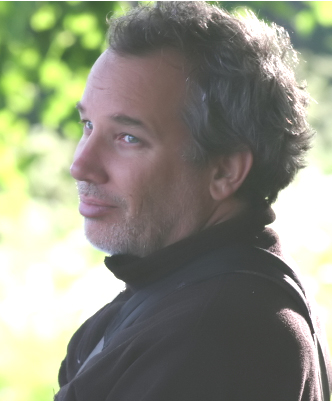
Faculty Biography:
David Scott Silverberg, Ph.D.
David Scott Silverberg, Ph.D.
David Scott Silverberg (B.Sc., Magna cum Laude, Western Washington University, M.Sc., Western Washington University, Ph.D., Massachusetts Institute of Technology, 1990; post-doc Harvard University 1990-92) is a natural and earth scientist working in universities, non-government not-for-profits and government agencies for 25 years. He was born in New York City in 1957.
He was the executive director of The Center for Field Research – Earthwatch, working in Executive Appointment at the White House (93-95) helped launch the Americorps program as Associate Director for Environmental Programs and worked for Boston University-School for Field Studies in the British Columbia coastal temperate rainforest and Kenya-Tanzania tropical savanah.
David has taught field science programs in biology, geology, oceanography and environmental sciences at the University of Connecticut, Boston University, Metropolitan State College of Denver, Prescott College, University of Alaska-Anchorage, New Mexico Tech, Colorado School of Mines, Cal State University-Humboldt, St. Ambrose University and the University of Pittsburgh's "Semester at Sea" program. He specializes in designing, teaching and managing field-based environmental studies and sciences programs for undergraduate and graduate students, including the Woodrow Wilson National Fellowship Foundation’s Leadership Program for Teachers Costa Rica Environmental Science Institute.
At the Colorado Outward Bound School, he supervised environmental training of instructors and edited their instructor publication resources.
He is currently the founding executive director of the Environmental Learning Institute with research projects in Tanzania, Ecuador, Ladakh Himalaya, Nepal, Mexico, British Colombia and the arctic Yukon Territory. He has published numerous papers and abstracts in biology, geology, environmental sciences and science education. His work focuses on conservation, preservation and restoration of threatened ecosystems working with communities whose livelihood is intimately interwoven with the natural landscape, particularly indigenous peoples.
Each year David teaches for 3 months in Cuenca Ecuador's Center for Interamerican Studies: "Neotropical Conservation Biology" and "Andean Environmental Studies".
David is a Fellow of the Royal Geographic Society and the Royal Asiatic Society. He is a professional member of the Geological Society of America, the American Institute of Biological Sciences, Association of American Geographers, American Anthropological Association and Society for Conservation Biology.
An exploring geographer by passion, David enjoys scientific exploration of remote regions utilizing back pack, sea kayak, scuba and ski. He has worked in 95 countries. He lectures for National Geographic Society in Alaska, Baja, Costa Rica, Panama, Argentina, Chile, Ecuador, Peru, Patagonia, Baltic Sea, Northeast Atlantic, Iceland, South Seas, India, Bhutan, Mongolia, Cambodia, Vietnam, Tanzania, Uganda, Rwanda; and for Smithsonian Institution in the North American Cordillera, Iceland, Costa Rica, West Africa and the North Atlantic.
David home bases in London, England and Munich, Germany.